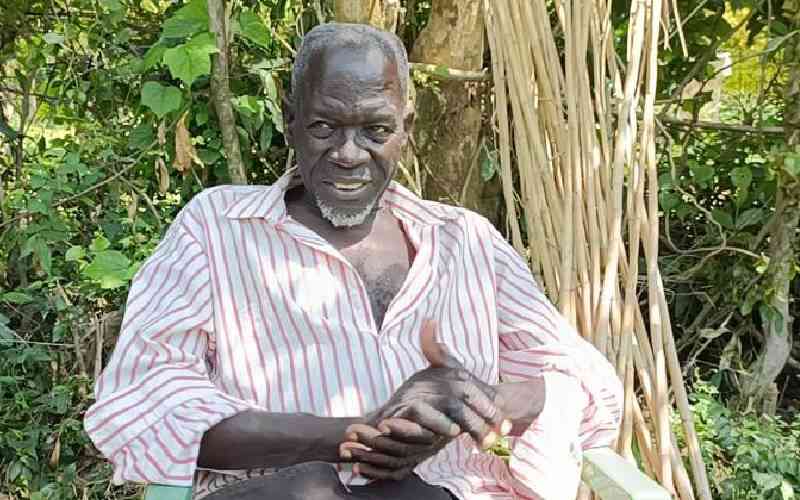GENEVA, May 19
UN Secretary-General Ban Ki-moon said on Tuesday the world was experiencing a period of grace in the advance of a new H1N1 influenza, but still faced considerable danger.
Ban, in remarks to the World Health Organisation's annual congress, urged executives from 30 pharmaceutical companies to work to boost production of seasonal vaccines while developing an injection for possible use against the virus strain.
"We must remain vigilant," he told a news conference. "We may be in a grace period with H1N1 but we are still in the danger zone."
Ban told the congress it was essential drugmakers work together with governments to avert the worst impacts of the flu, which has killed 79 people and infected nearly 10,000.
"Partnerships with the private sector are absolutely vital," he told representatives of the WHO's 193 member governments, urging them to think beyond their borders in their response to H1N1, which is a genetic mix of swine, bird and human viruses.
Most of the people catching the flu so far have experienced mild symptoms like fever and nausea, but pregnant women and those with other health problems such as HIV/AIDS and diabetes could be at high risk from severe effects from the strain. The virus could spread more quickly when the northern hemisphere approaches its autumn influenza 'season'.
Serious Commitment
Participants in Tuesday's meeting said they were primed to respond to the flu outbreak, and would await more specific directions about how to balance their output.
"Our companies stand ready to produce H1N1 vaccines when the recommendation comes from the WHO," said Michael Boyd of the International Federation of Pharmaceutical Manufacturers and Associations.
Gelmer Leibbrandt, general manager of Schering-Plough's Nobilon, told Reuters that six companies have pledged to make 10 percent of the vaccine they produce available to the United Nations, and another eight remain in discussions.
WHO director-general Margaret Chan said that moved marked "a very serious commitment" by vaccine makers to the WHO.
U.S. Health and Human Services Secretary Kathleen Sebelius said aggressive steps were being taken to boost production of seasonal flu vaccines, which could later be shifted into pandemic injections if necessary.
"There is still so much uncertainty about this virus that it is really premature for us to even make a determination about how many people would appropriately be vaccinated, in what order, how many doses will be required, at what point. All those discussions are still very much underway," Sebelius said.
Finite Supplies
Stay informed. Subscribe to our newsletter
Rich and poor countries are seeking at the week-long World Health Assembly to settle their differences about how samples of viruses should be shared with pharmaceutical makers, who will use them to develop and sell vaccines to fight the H1N1 flu.
Developing nations including Indonesia have previously called for restrictions on the powers of drugmakers to patent virus samples and then offer vaccines at an unaffordable price.
In his remarks to the World Health Assembly, Ban said poor states with weak medical services could be at particular threat from the flu and will need help from richer countries to reduce the world's exposure to its risks.
"Global solidarity must be at the heart of the world's response to crisis. Solidarity in the face of this particular outbreak must mean that all have access to drugs and vaccines.
"It means that virus samples and data are shared. It means that self-defeating restrictions on trade and travel are avoided," he stressed.
But one international official said there would be battles ahead as governments try to secure finite supplies of antiviral drugs and vaccines to protect their populations.
"Enabling poor countries to be able to access the various medical supplies they need is going to be a critical political and technical issue," he said. "This issue will require political attention."
According to the latest WHO tally, 40 countries have had confirmed H1N1 infections, with the largest concentrations in Mexico, the United States and Canada. Big clusters of infection have also been reported in Japan, Britain and Spain.
WHO Director-General Chan has said the H1N1 virus has put the world on the brink of pandemic, at Phase 5 of the agency's 6-point scale, but has not yet formally declared that a pandemic is underway.
Sebelius said there had been much discussion in the last 24 hours about when and if to go to Level 6 and stressed that very little would change if the WHO issues the top alert, given that global preparations for pandemic are in full swing.
An escalation of the alert to Phase 6 would send a signal to pharmaceutical companies that they would see enough demand to justify production of an H1N1 pandemic vaccine, which could be mixed with the seasonal flu injection or offered separately.
(Reuters)
 The Standard Group Plc is a
multi-media organization with investments in media platforms spanning newspaper
print operations, television, radio broadcasting, digital and online services. The
Standard Group is recognized as a leading multi-media house in Kenya with a key
influence in matters of national and international interest.
The Standard Group Plc is a
multi-media organization with investments in media platforms spanning newspaper
print operations, television, radio broadcasting, digital and online services. The
Standard Group is recognized as a leading multi-media house in Kenya with a key
influence in matters of national and international interest.
 The Standard Group Plc is a
multi-media organization with investments in media platforms spanning newspaper
print operations, television, radio broadcasting, digital and online services. The
Standard Group is recognized as a leading multi-media house in Kenya with a key
influence in matters of national and international interest.
The Standard Group Plc is a
multi-media organization with investments in media platforms spanning newspaper
print operations, television, radio broadcasting, digital and online services. The
Standard Group is recognized as a leading multi-media house in Kenya with a key
influence in matters of national and international interest.







